AI – technology paves the way for innovation in vocational education
According to MSc. Le Viet Cuong, AI is having a strong impact on all fields, especially vocational education - where human resources for production, services and technological innovation are directly trained. The application of AI helps improve the quality of teaching, personalize learning, develop digital capacity and adaptability of lecturers and students.
In recent years, a number of vocational training institutions in Vietnam have begun to approach this technology through experimental models: Hanoi College of Electronics and Refrigeration applies AI in subjects on object recognition and behavior detection;FPT Polytechnic College integrates ChatGPT API to support lesson design and automatic grading; Hanoi College of Electromechanics combines AI and virtual reality (VR) in training in precision mechanics and CNC machine operation; The General Department of Vocational Education cooperates with Microsoft Vietnam to deploy the program "AI for Vocational Skills" to help students practice basic digital skills.

“ AI helps lecturers save time preparing lessons, students can learn according to their individual abilities, and schools have more data to improve training programs,” said Mr. Cuong.
According to Mr. Cuong, although there have been notable pilot models, the rate of AI application in vocational education is still less than 10%.
The main reasons come from 4 factors: Lack of human resources with knowledge of technology and data: Many lecturers and managers have not received in-depth training in AI; Unsynchronized technology infrastructure: Facilities, internet connection, and data systems are still limited, especially in localities; Lack of mechanisms and legal corridors: There are no policies to encourage cooperation between technology enterprises and vocational schools; Concerns about costs and data security: Investment in technology is still expensive, while issues of protecting learning data are not clearly guaranteed.
To overcome this, Mr. Cuong proposed to enhance digital capacity training for lecturers and managers, especially in the skills of using AI tools in design, teaching and assessment of learning. In addition, it is necessary to develop open AI tools and learning materials, and encourage cooperation between businesses and vocational schools to build specific application models suitable for each industry.
AI is an opportunity and a challenge for vocational education in Vietnam.
Sharing the same view, Mr. Nguyen Thanh Hung, former Deputy Director of the Department of International Relations (Government Office) said that AI is a key tool to help modernize vocational education in the context of digital transformation and the 4.0 industrial revolution.
“ AI can automate processes, analyze big data and personalize learning experiences, helping to improve the effectiveness of vocational training,” Mr. Hung emphasized.

He also cited many AI application models at vocational education institutions such as: Virtual teaching assistants, chatbots to support students, quick learning feedback; AI-based vocational skill simulation combined with AR/VR, step-by-step instructions in assembling and repairing equipment; Voice recognition and transcription technology to support students with special or limited abilities.
However, according to Mr. Hung, the application of AI in vocational education is also facing many major barriers: Limited infrastructure and resources: Especially in remote areas, where facilities and internet networks are not strong enough.
Traditional training methods: vocational education emphasizes direct practice, while AI leans toward digital simulation - reconciling these two factors is a big challenge; Ethical issues and technology dependence: Concerns that students "rely" on AI, reducing self-learning and creative thinking.
For AI to be truly effective in vocational education, Mr. Hung said that training institutions need to develop a clear digital transformation strategy, identify specific AI application goals, and at the same time invest in technology infrastructure and train lecturers and managers in digital thinking and skills.

More importantly, there is a need to develop principles for the responsible use of AI, ensuring that teachers and students remain at the center of the learning process, playing an active and creative role. Schools should establish a mechanism to assess the impact of AI on training quality, output skills and student employability.
“ The application of AI in vocational education is an inevitable trend, but to exploit it effectively, it is necessary to overcome barriers in infrastructure, human capacity and training methods. When technology is properly combined with vocational practice, Vietnamese vocational education will truly enter a smarter and more effective era,” Mr. Hung emphasized.
Therefore, despite many challenges, AI is opening up a new direction for Vietnam's vocational education towards training high-quality human resources with digital skills to meet the requirements of the economy in the 4.0 era.
Source: https://congluan.vn/chua-den-10-co-so-giao-duc-nghe-nghiep-ung-dung-ai-thuong-xuyen-10316811.html






![[Photo] Closing of the 14th Conference of the 13th Party Central Committee](https://vphoto.vietnam.vn/thumb/1200x675/vietnam/resource/IMAGE/2025/11/06/1762404919012_a1-bnd-5975-5183-jpg.webp)





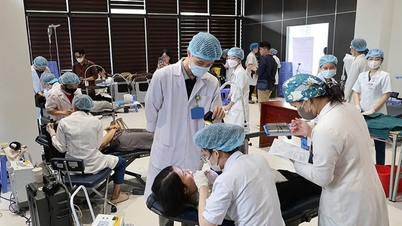

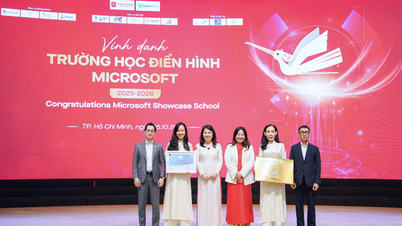

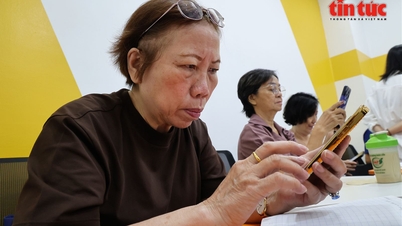



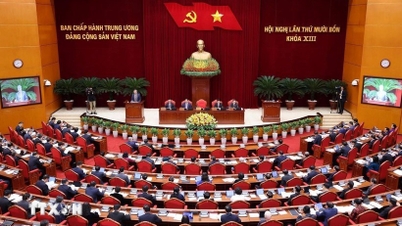

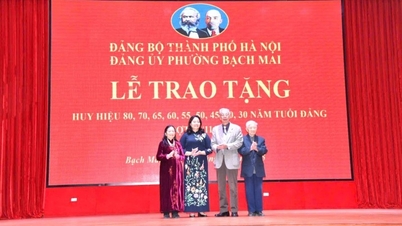



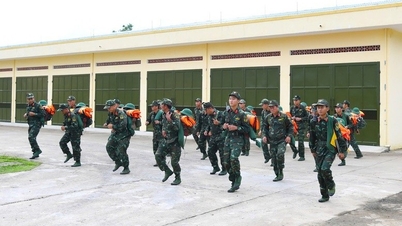





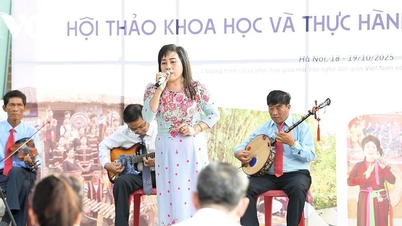

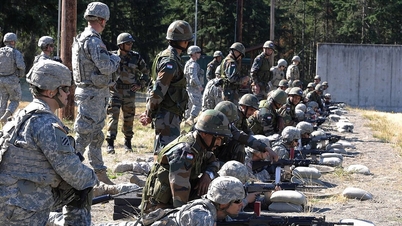
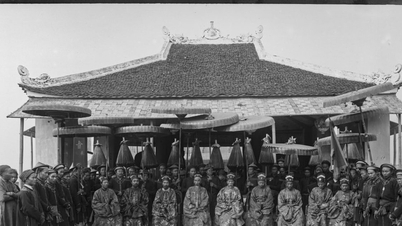

























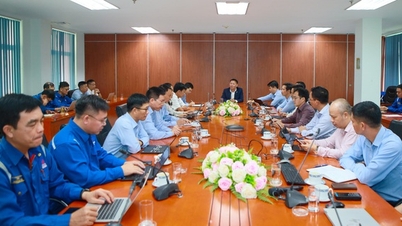

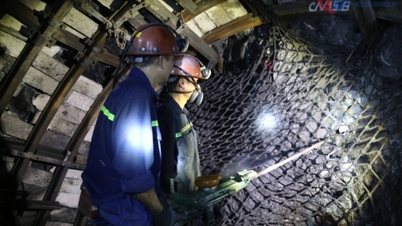

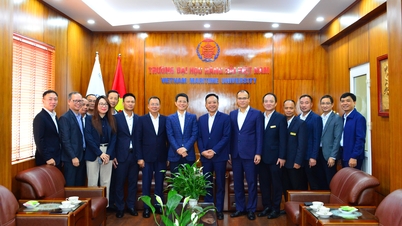







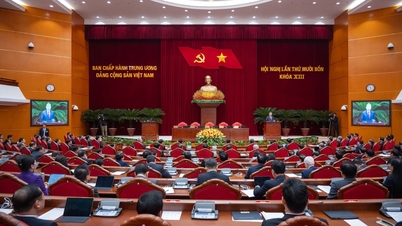




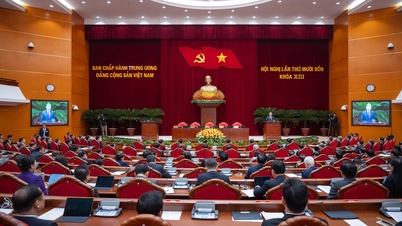
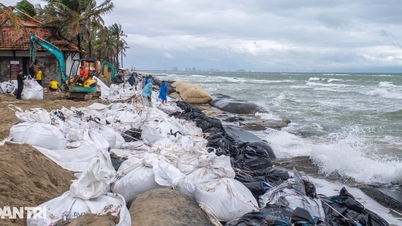
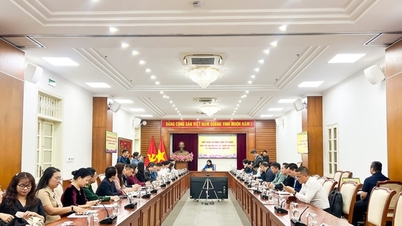




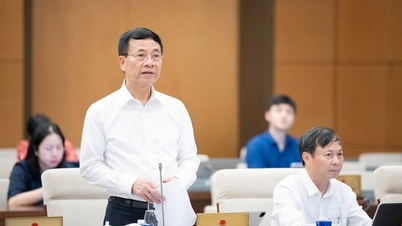



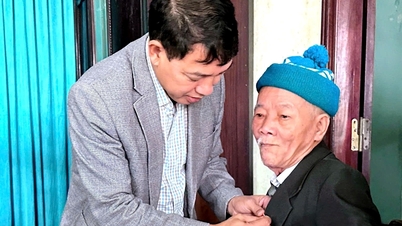

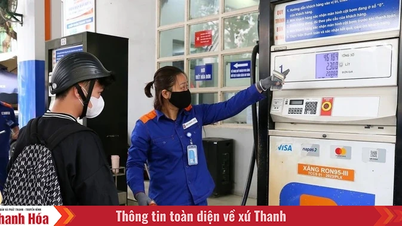

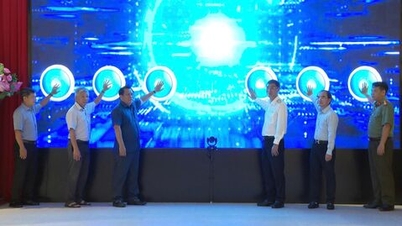

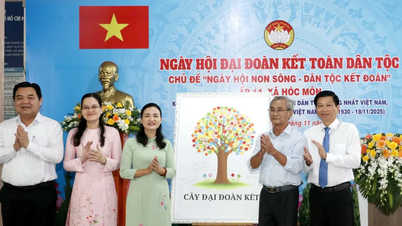
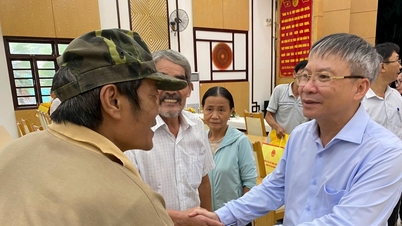










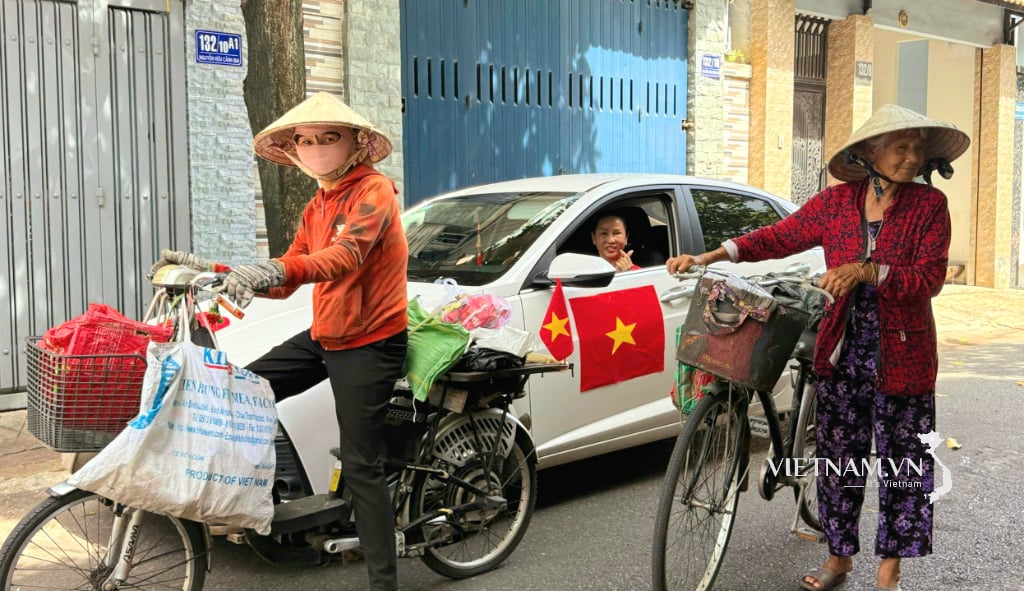



Comment (0)